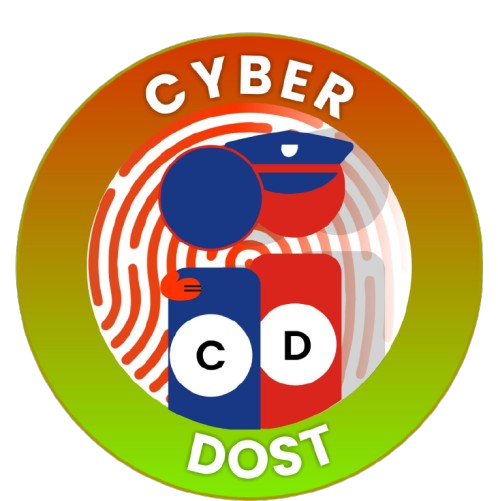National Urban Livelihood Mission
To reduce poverty and vulnerability of the urban poor households by enabling them to access gainful self-employment and skilled wage-employment opportunities, resulting in an appreciable improvement in their livelihoods on a sustainable basis, through building strong grassroots level institutions of the poor. The mission would aim at providing shelter equipped with essential services to the urban homeless in a phased Manner. In addition, the Mission would also address livelihood concerns of the urban street vendors by facilitating access to suitable spaces, institutional credit, social security and skills to the urban street vendors for accessing emerging market opportunities. The target of NULM is urban poor, with special focus on the urban homeless, street vendors, disadvantage groups like SCs, women, minorities and disabled. NULM will also focus on the financial inclusion of the urban poor through opening of basic savings accounts, facilitating financial literacy, access to credit and insurance, and improved remittance facilities. The main objectives of the NULM are as under:-
(1) Employment through Skills Training and Placement (EST&P)
EST&P intends to provide sill training to the urban poor as per the skill demand from the marked, so that they can set up self-employment ventures or secure salaried employment. No minimum or maximum educational qualification is prescribed for the selection of beneficiaries. Given the diversity of local contexts, each state/city will decide the skills important for their local economies and select skill training agencies through a transparent selection process. It will involve reputed institutes, including ITIs, polytechnics, NITs, industry associations, engineering colleges, management institutes, skill training centers, foundations, NSDC and other reputed entities in government, private and civil society sectors.
NULM would aim at universal coverage of the Urban Poor the skill development and credit facilities. It will strive for skill training of the Urban Poor for the market based jobs and self employment, facilitating easy excess to credit
(2) Self Employment Programme (SEP)
This component will focus on financial assistance to individuals/group of urban poor for setting up gainful self-employment ventures/micro-enterprises, suited to their skills, training, aptitude and local conditions. No minimum or maximum educational qualification is prescribed for the selection of beneficiaries.
The project cost ceiling will be Rs. 2.00 lakh for individual enterprises and Rs. 10.00 lakh for group enterprises. Interest subsidy over and above 7 per cent rate of interest will be available on a bank loan for setting up of an individual or group enterprise.
Technology, marketing, consultancy and other support may also be provided to beneficiaries in setting up micro-enterprises.
(3) Schemes of Shelters for Urban Homeless.
The main objective of this component is to provide shelters equipped with basic amenities to the urban homeless. The shelters should be permanent all-weather 24x7 shelters. Depending upon local conditions, each shelter could cater to between 50 and 100 persons. The basic common facilities/ amenities such as water, sanitation, electricity, kitchen/ cooking space, common recreation space will be provided at the shelters for dignified human living. Also linkage with Anganwadi, PHC, childcare facilities and other social assistance programmes will be ensured
(4) Support to Urban Street Vendors.
Street Vendors constitute an important segment of the Urban Population at the bottom of the pyramid. Street vending provides a source of self employment and thus acts as a measure of Urban Poverty Alleviation without major Government intervention. Street Vending also has a prominent place in the Urban supply chain and provides inexpensive and convenient excess to good and services to all segment of the population including the poor.
(5) Innovative & Special Projects
This component will focus on the promotion of novel initiatives in the form of innovative projects. The projects must demonstrate strategies to create sustainable livelihood opportunities for the urban poor which could be replicated at large scale. The projects may cover organization of the urban poor, formulation and implementation of innovative skill development programme, provision of support infrastructure, technology, marketing, capacity building, etc., or a combination of these. The innovative/special projects may be undertaken on a partnership mode involving CBOs, NGOs, semi-government organizations, private sector, industry associations, government departments/agencies, urban local bodies, national/state/city resource centers or international organizations.


 Department of Urban Development (UD)
Department of Urban Development (UD) 


